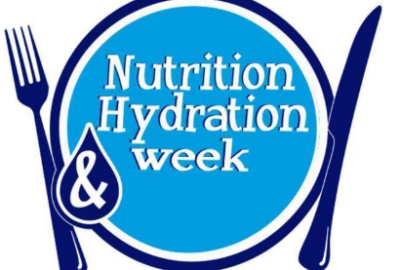According to a recent government report, schools are leading the shift to more sustainable eating by serving less meat and more plant-based food. Four out of five caterers have reported that they are now serving less meat and a similar number said they have increased plant proteins on menus.
Jimmy Pierson, director of ProVeg UK, one of the members of the Eating Better alliance, says “This report reflects our experience within school food over the last few years. We know that a diet centred around plant-based foods offers numerous health benefits including the prevention and treatment of a range of chronic health conditions.”
The National Food Strategy report published earlier this year calls for 30% less meat and 30% more fruit and veg by 2032. Pierson adds “The recommendations are potentially great news for addressing childhood obesity.”
Through its School Plates programme, ProVeg UK works with schools to provide a range of free services including menu consultancy and plant-based culinary training. This includes focusing on rebalancing the layout and language of menus. “Through small tweaks, we redress the balance to restore parity between meat-based and vegetarian meals which are often an afterthought,” Jimmy says. “We make meal names and descriptions more attractive and change the positioning of meals on menus so the meat-free and plant-based options are more appealing.”
Introducing more meat-free days, either themed as planet-friendly days or unbranded is also part of the programme, as well as training workshops to inspire participants about plant-based food.
As part of introducing more plant-based food, Ben Davy, Culinary Development Chef at Meatless Farm, recommends involving suppliers in creating farm to fork educational experiences. “There is a ripe opportunity to work with your suppliers via workshops, to tell stories about where food comes from and how it’s made. We aren’t looking to encourage schools to scrap meat from menus entirely. Instead, we’re looking to inspire caterers on the importance of education and how the role that plant-based food can play in offering nutritional, sustainable and cost-effective meals for children. Making small changes to what we eat could reduce emissions while saving important resources such as water and energy.”
The Vegan Society recommends encouraging school staff and students to sign up for “Plate Up For the Planet” – a special pledge asking people to try out veganism for seven days. A spokesperson says “Offer tastier vegan meals to get them started, or host an entire vegan only month – November is a good choice as it ties in with World Vegan Month. If this feels like too much, too fast, you can make smaller changes such as introducing at least one delicious and nutritious vegan option to the menu, giving students a chance to try it out.”
The Vegan Society also suggests including a carbon calculator on menus or indicating which option has the best and worst impact on the environment. Alternatively, introduce a traffic light system – red, orange, green – with green showing that the meal is the most environmentally-friendly. This gives every student the power to make more informed choices about the food they eat and the impact of their decisions on the environment.



